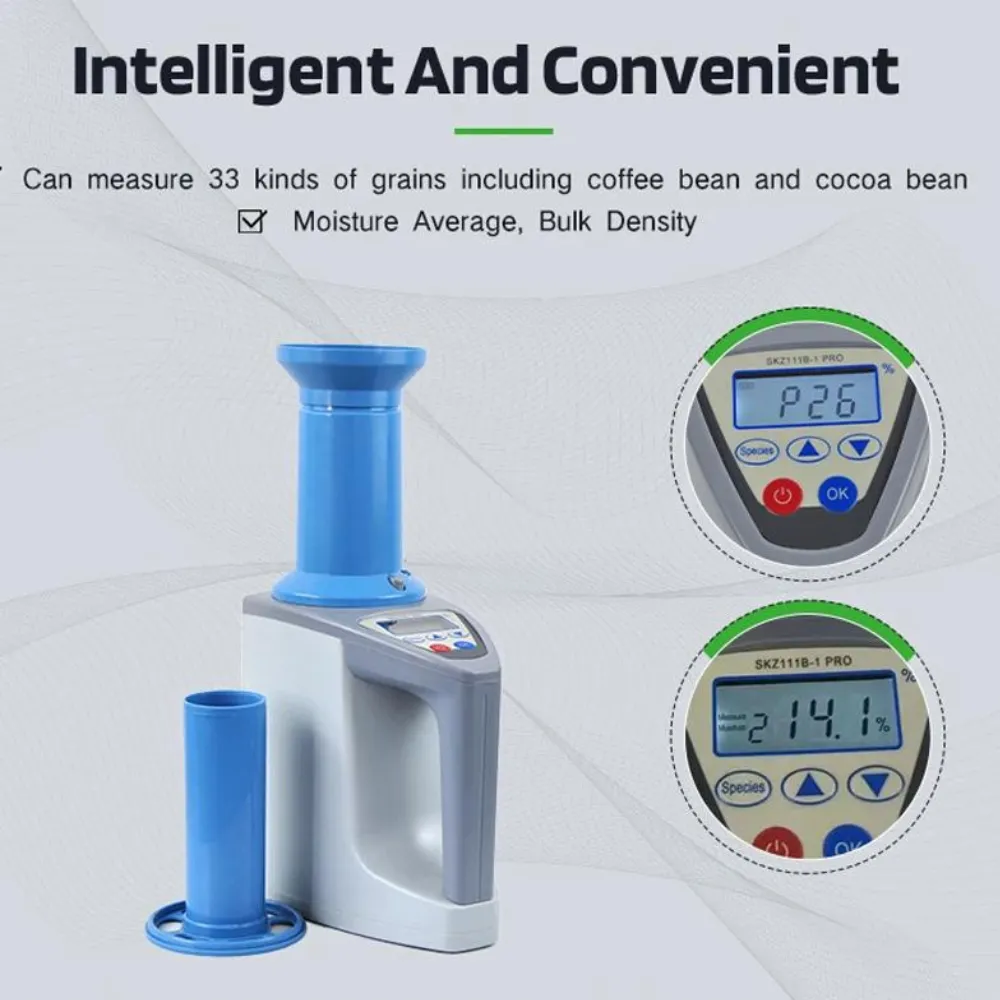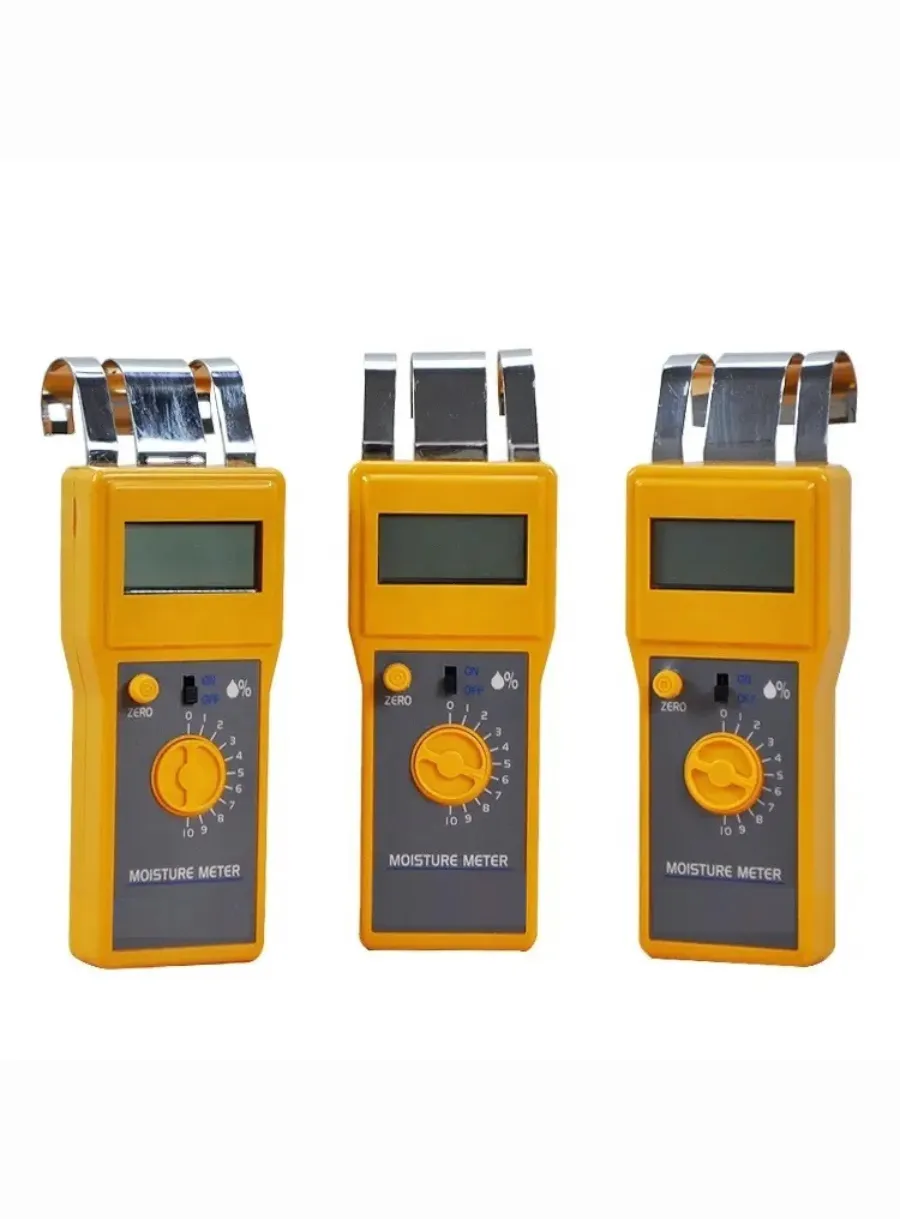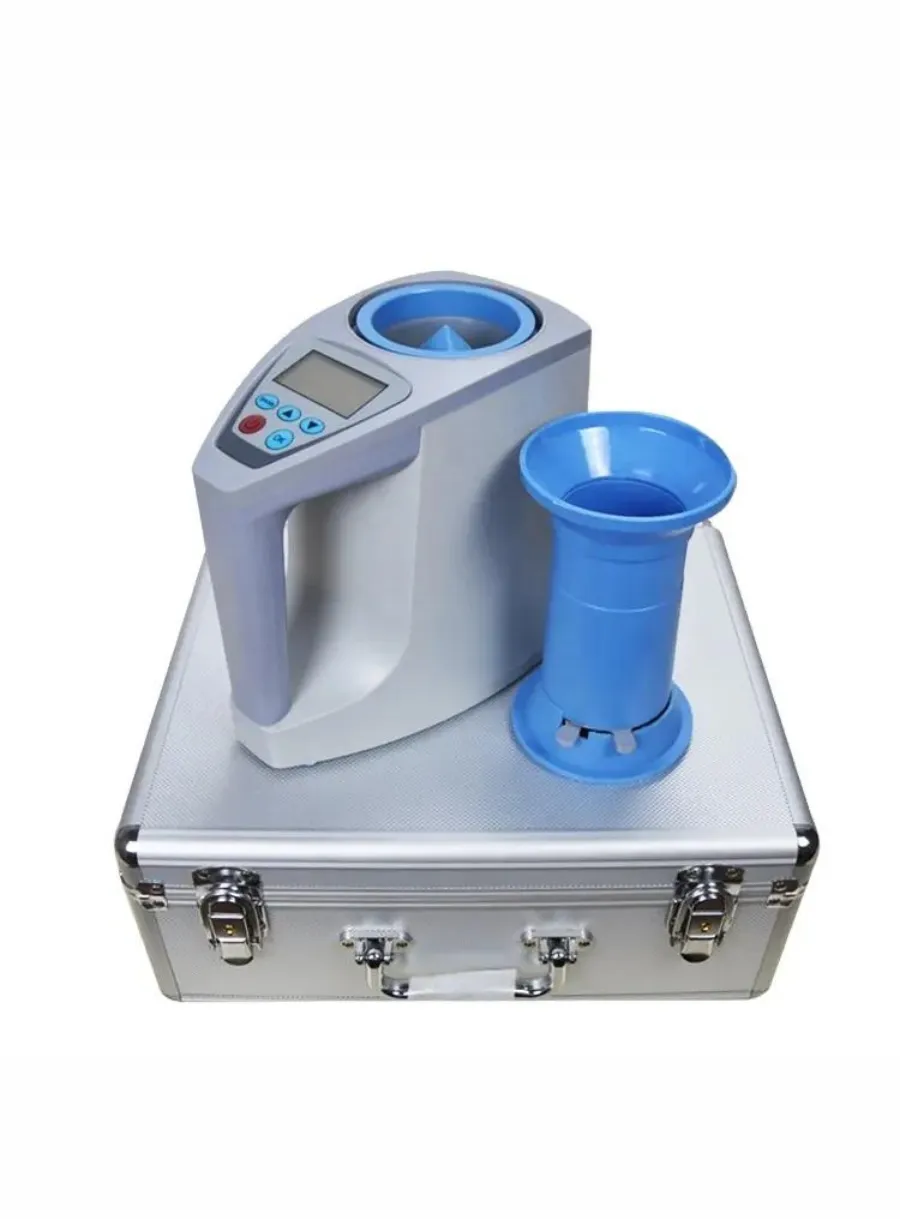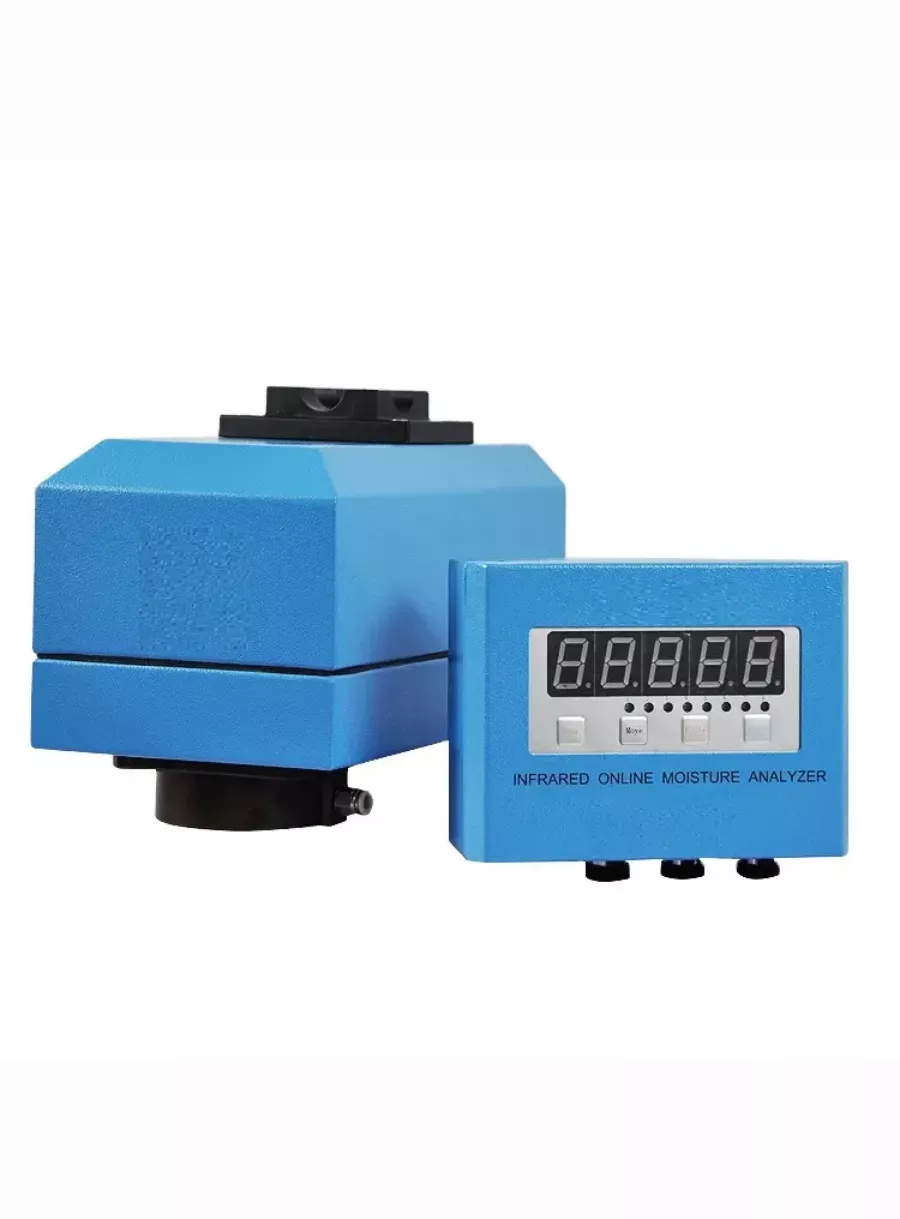
Future Trends In Cotton Moisture Meter
Table of Contents

Environmental Considerations in Moisture Management
As environmental concerns become more prominent, future moisture meters are expected to incorporate features that assess the ecological impact of moisture management. This includes tracking water usage and providing insights into resource depletion. Such advancements will align with the growing emphasis on sustainable farming and the need for more responsible resource management in agriculture.
The integration of smart sensors and Internet of Things (IoT) technology is likely to revolutionize cotton moisture measurement. These devices can provide real-time data on moisture levels, enabling farmers to make more informed decisions regarding irrigation and harvesting. The ability to remotely monitor moisture conditions through mobile applications will enhance operational efficiency and reduce resource wastage, ultimately leading to improved crop yields.

The incorporation of data analytics into moisture measurement systems will facilitate predictive modeling and trend analysis. By analyzing historical moisture data alongside environmental factors, farmers can anticipate potential issues and optimize their farming strategies. This predictive capability can also help in reducing losses during unexpected weather changes, thereby promoting sustainable agricultural practices.
Advancements in user interface design are expected to enhance the accessibility of cotton moisture meters. Simplified interfaces and enhanced usability will empower farmers with varying levels of technical expertise to utilize these tools effectively. Additionally, future trends may be influenced by regulatory developments aimed at promoting sustainable agricultural practices, potentially making advanced moisture meters a standard tool in modern farming operations.
Comments
Tags
Frequently Asked Question
Future moisture meters are expected to track water usage and provide insights into resource depletion, aligning with sustainable farming practices.
IoT technology will enable real-time data collection and remote monitoring of moisture levels, improving decision-making and operational efficiency.
Data analytics will facilitate predictive modeling and trend analysis, helping farmers anticipate issues and optimize farming strategies.
Policies promoting sustainable agricultural practices could increase demand for advanced moisture meters, making them standard in modern farming operations.


